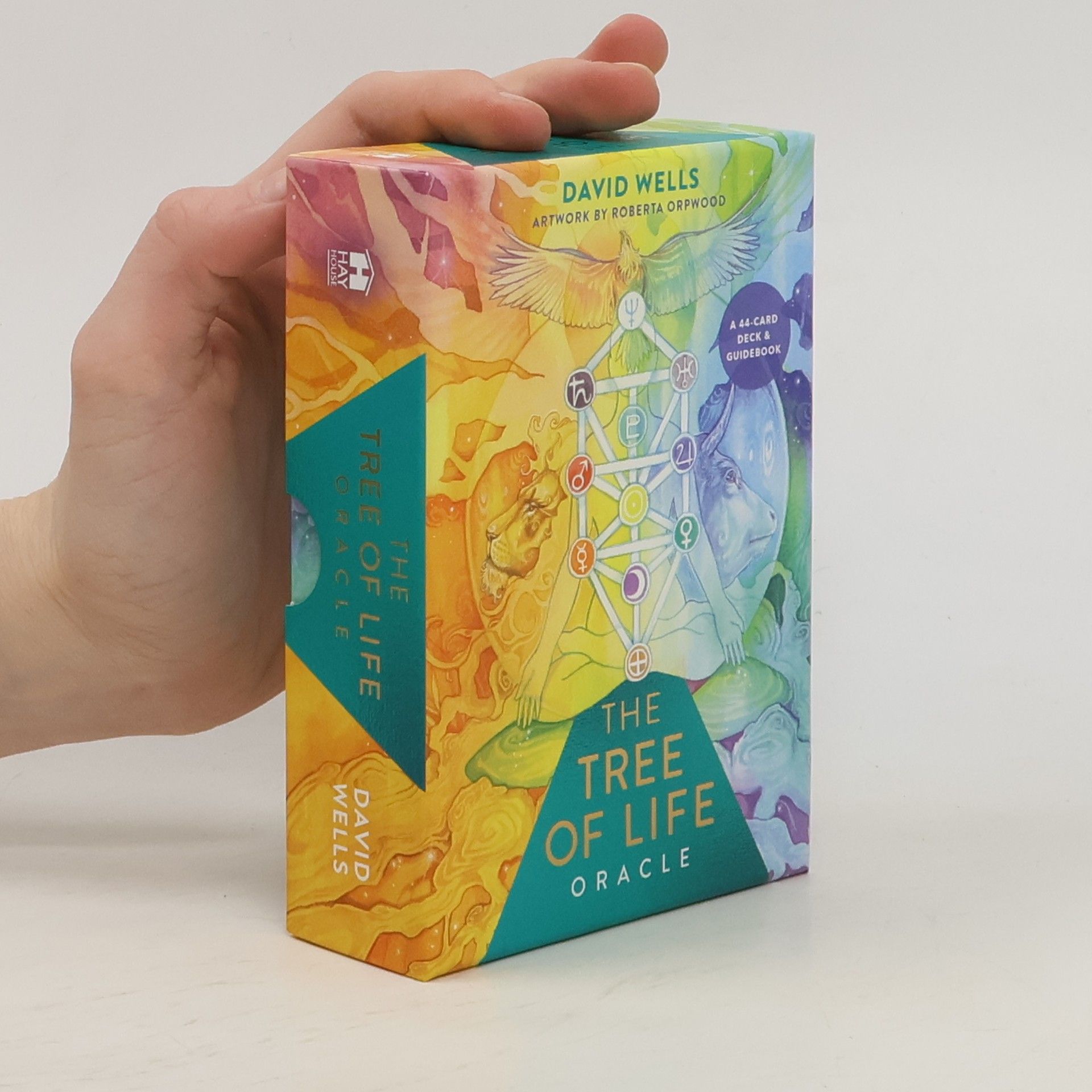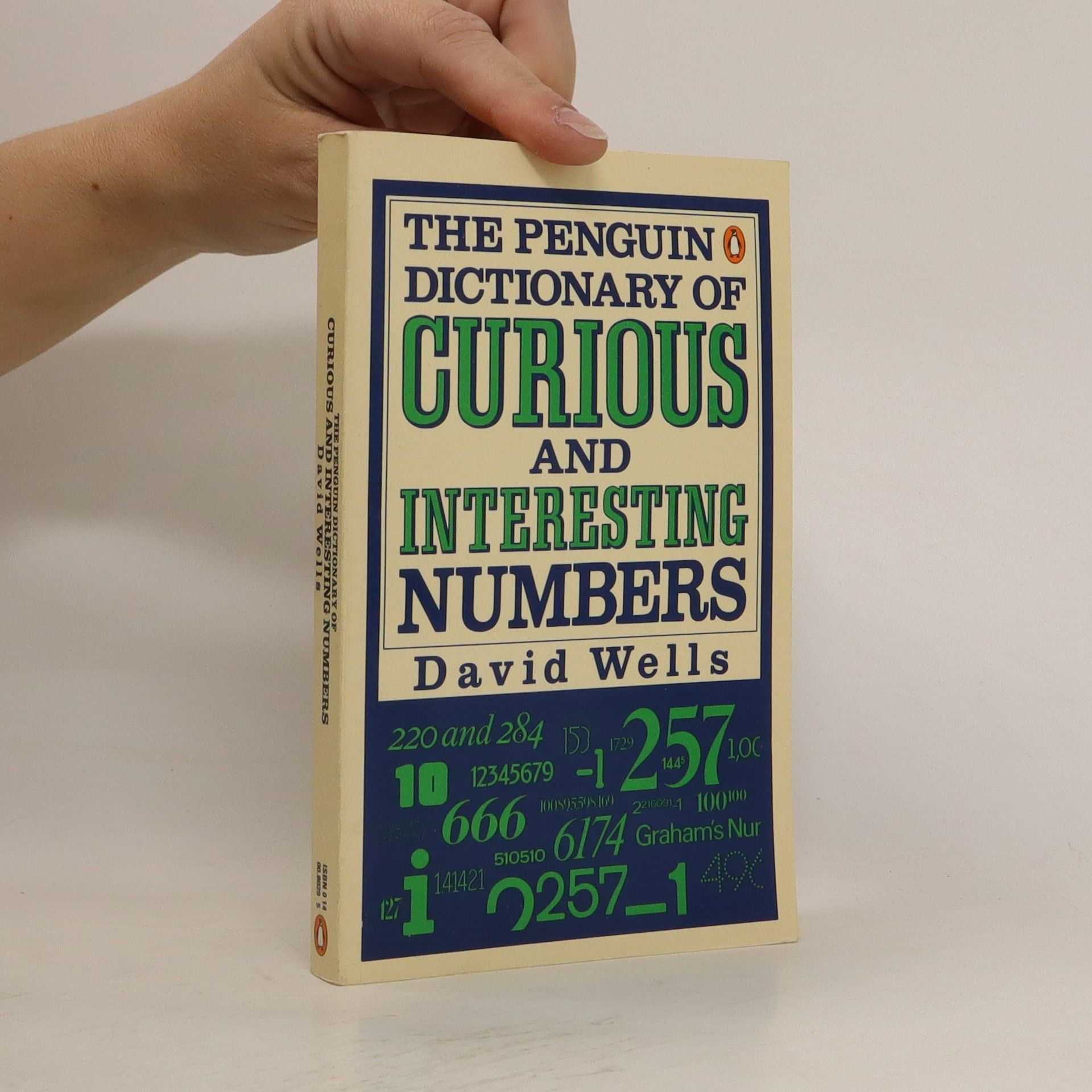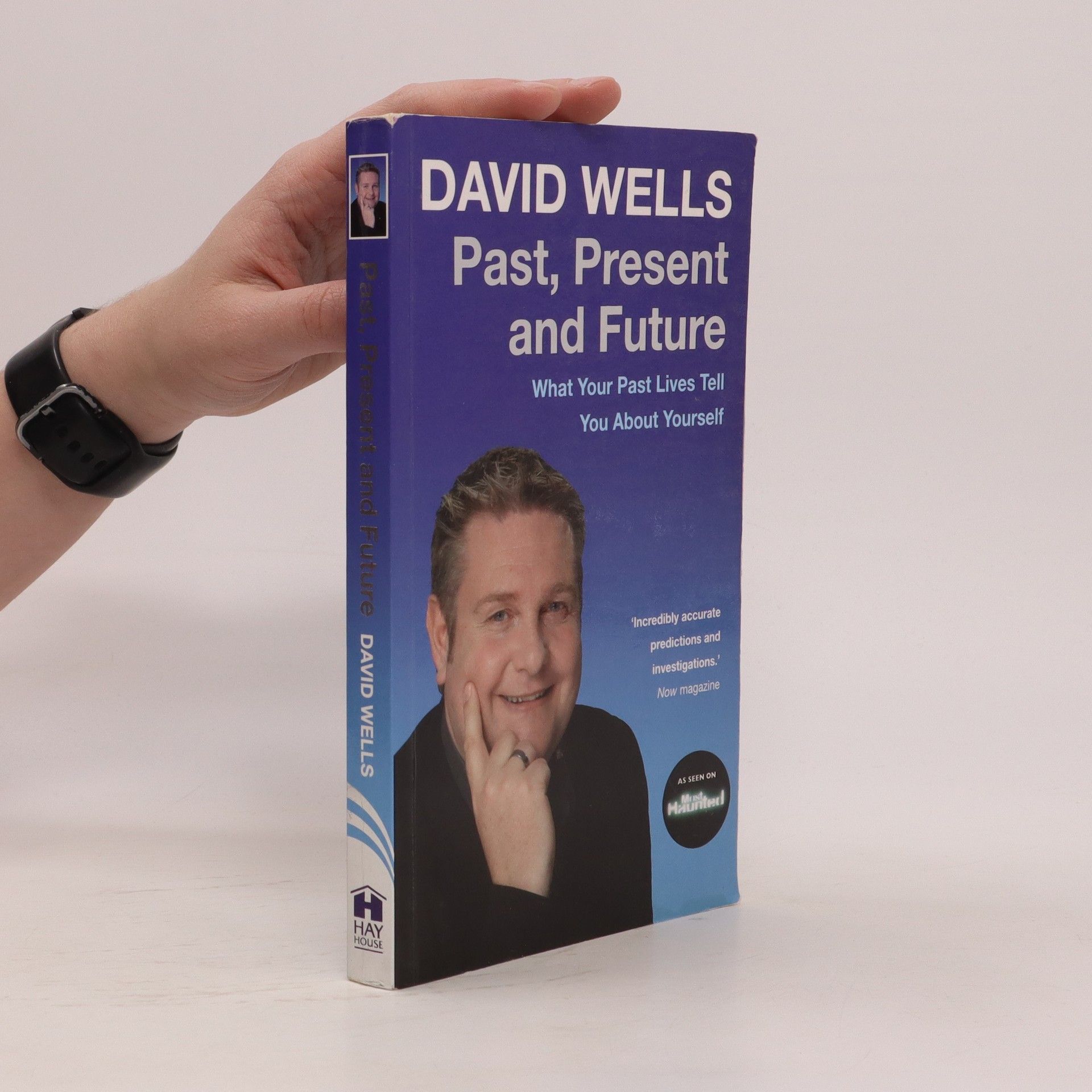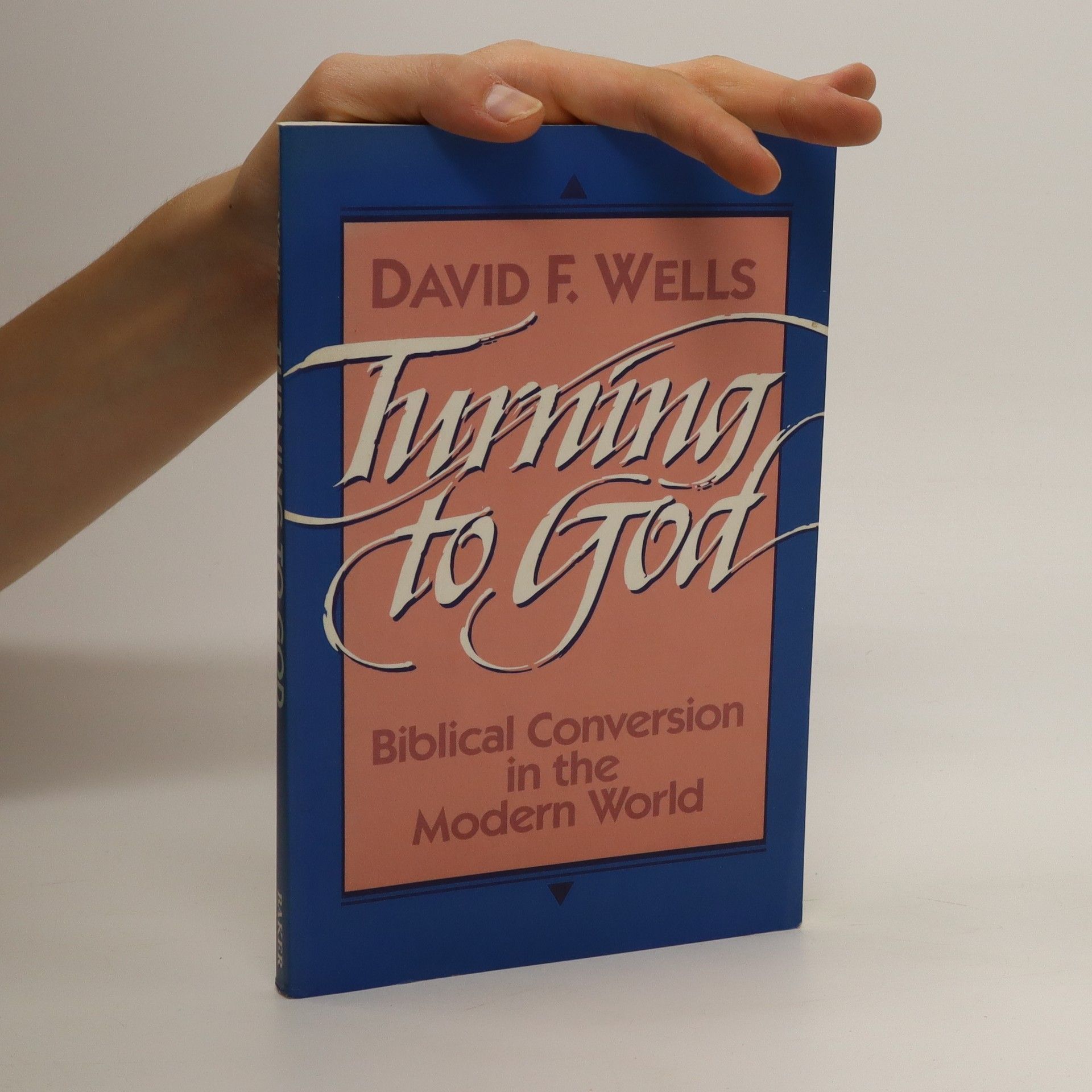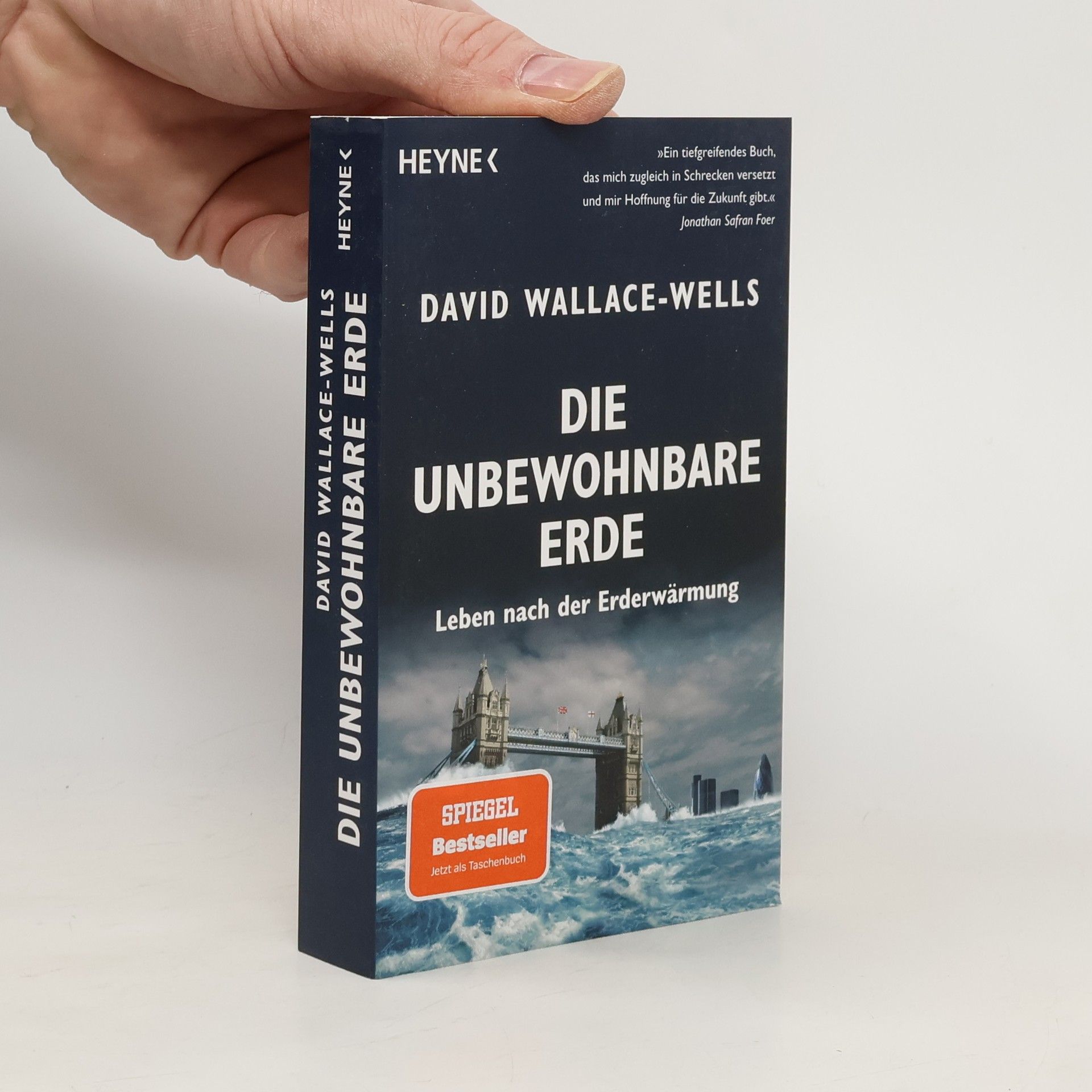El Planeta Inhóspito: La Vida Después del Calentamiento / The Uninhabitable Earth: Life After Warming
- 352 páginas
- 13 horas de lectura
Es peor, mucho peor, de lo que imaginas.Hoy, la subida del nivel del mar es una causa de alarma generalizada entre aquellos que ya han abandonado el sueño pernicioso de que el calentamiento global es un mito. Sin embargo, no es ni siquiera la punta del gigantesco iceberg de horrores inimaginables que amenazan la vida en la Tierra: incendios, huracanes, sequías, inundaciones... Todas estas inquietantes manifestaciones del cambio climático, ya recurrentes para millones de personas, son solo un adelanto de lo que está por llegar: hambrunas, plagas, un aire irrespirable, migraciones cada vez más masivas, el colapso económico e incluso conflictos armados globales.Con una precisión y una lucidez que estremecen, David Wallace-Wells construye el relato caleidoscópico de las consecuencias que tendrá, tan solo dentro de una generación, nuestra impasibilidad ante la crisis ecológica. Incidiendo con crudeza en cómo hemos fracasado al imaginar y, ante todo, promulgar un mejor porvenir, El planeta inhóspito nos transporta a un futuro inminente y nos sirve la reflexión definitiva de cómo hemos devastado nuestro propio hogar; todo ello en clave de una ferviente y aún más apremiante llamada al cambio.


